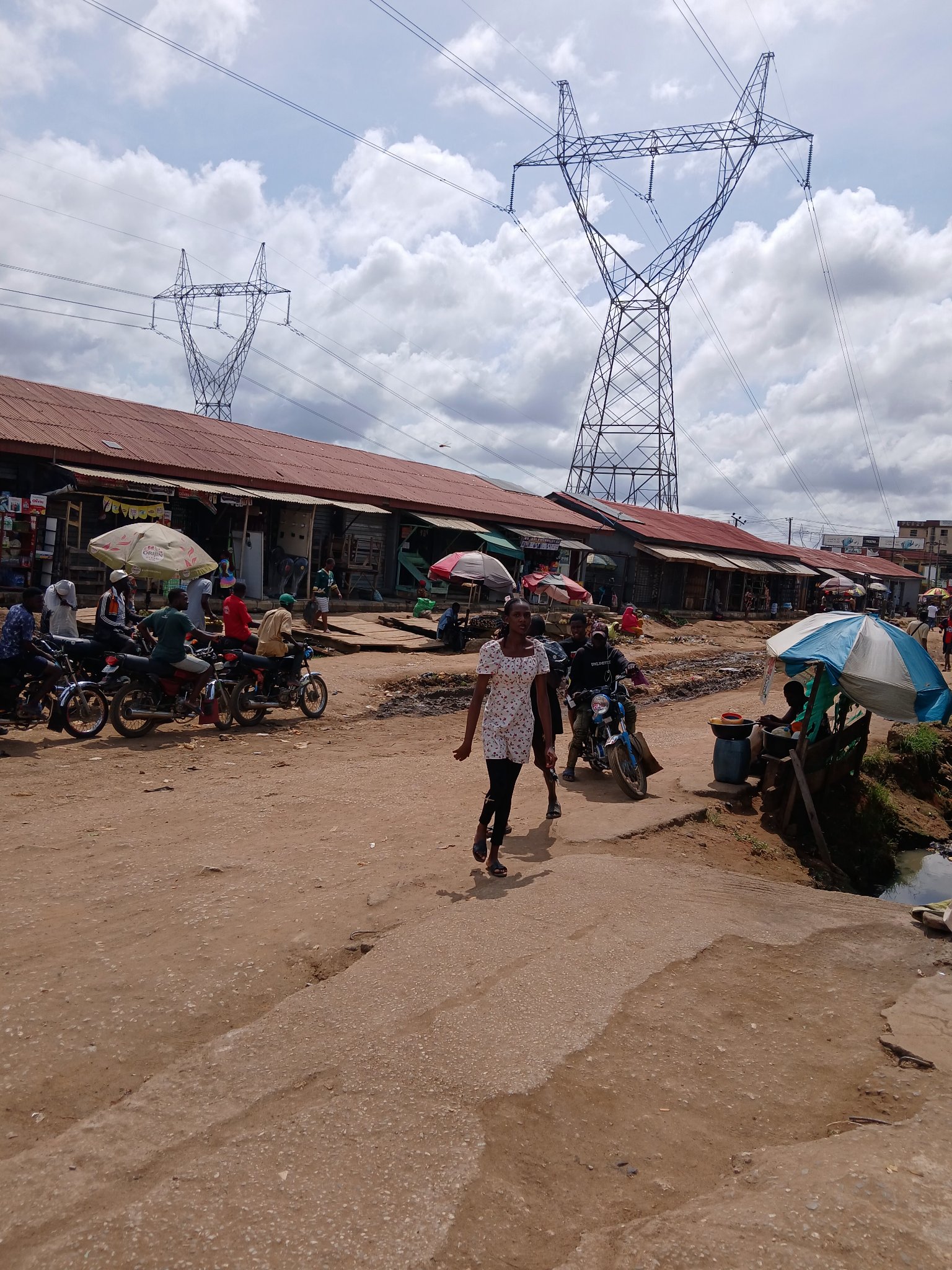The Six Autonomous Regions: A Blueprint For Nigeria’s Survival And Unity Through Autonomy
Posted on November 14, 2025

For over six decades, Nigeria has struggled to define what it truly means to be a federation. We chant “unity in diversity,” yet our political structure continues to choke the very diversity that should strengthen us. The result is a country burdened by over-centralization, insecurity, and unending cries of marginalization. But what if the solution to Nigeria’s unity lies not in further centralization, but in granting true regional autonomy, a model where the six geopolitical zones evolve into six fully autonomous regional communities under one nation, managing their resources, securing their territories, and paying equitable taxes to a streamlined federal government?
This idea is not secession. It is structured freedom within unity, a modern path to stability, competition, and collective growth. Each of the Nigeria’s six geopolitical zones, North West, North East, North Central, South West, South East, and South South, would function as an autonomous regional government with authority over its internal economy, taxation, and development policies.
The federal government in Abuja would remain the coordinating center for shared national interests such as defence, foreign affairs, currency, immigration, and inter-regional infrastructure. However, resource control, internal revenue management, and local governance would return to the regions, which in turn would remit agreed federal taxes to sustain the national framework. This would be a genuine federal system, not the deceptive unitary structure disguised as federalism that Nigeria operates today.
Nigeria’s insecurity challenge is as much structural as it is operational. A centralized command has proven slow, unresponsive, unproductive, and politically influenced. Under a true federal structure, security should be localized, layered, and accountable, built on four complementary tiers:
1. National Security Forces: Comprising the Army, Navy, Air Force, and National Intelligence agencies, responsible for national defence, border protection, counterterrorism, and external threats.
2. Regional Security Forces: Each of the six regions would maintain its own security corps — coordinated with federal defence — to handle regional emergencies, cross-border banditry, and inter-state crimes.
3. State Police: Each state would operate an independent Police Command to enforce state laws, ensure internal order, and respond swiftly to local threats without bureaucratic delay.
4. Local Police Forces: Managed by local councils, these would focus on community safety, neighborhood intelligence, and early threat detection, supported by local knowledge and trust.
One of the greatest gifts of autonomy is healthy competition. When each region controls its destiny, the drive to excel becomes a matter of pride and necessity. The South West could become Nigeria’s technology and education hub. The South East might rise as the country’s industrial and manufacturing powerbase. The South-South, rich in oil and gas, could diversify into renewable energy and blue economy venture. The North Central could evolve into a center for agribusiness and food processing.
The North East could rebuild itself through solar power and agro-industrial corridors. The North West could lead in trade logistics, textiles, and education.
In such an environment, peer accountability replaces political blame. Regions would compete to attract investors, develop infrastructure, and improve the quality of governance. This model does not advocate the weakening of the federal government, but rather its redefinition. The center should focus on what unites Nigeria, not what divides it. The federal government would maintain control over: National defense and intelligence coordination, foreign diplomacy and international representation, national currency and fiscal regulation, inter-regional infrastructure and trade policy, and national research, innovation, and space programmes.
Meanwhile, regional governments would enjoy constitutional powers to manage natural resources, taxation, education, agriculture, and local transport. This division of powers would create efficiency and remove the constant tug-of-war between the center and the states.
For this vision to succeed, Nigeria must undergo deliberate structural reforms:
(1) A New Constitution: The 1999 Constitution should be replaced, not amended. A new constitution must clearly define the powers, revenues, and security responsibilities of each region.
(2) Regional Accountability: Each region should maintain transparent public finance systems and be audited annually by a neutral National Audit Commission.
(3) A National Integration Fund: A solidarity pool, funded by small contributions from all regions can assist less-developed zones and manage national emergencies. 4) A Council of Regions: A restructured Senate or new upper legislative chamber could be replaced with a Council of Regions, where each geopolitical zone has equal representation and voting power. 5) Civic Education: Citizens must be reoriented to see themselves as Nigerians of equal value, competing to grow, not conspiring to divide.
Nigeria’s current structure is like a cart being pulled by six strong horses tied together but running in different directions. We need to untie them not to let them scatter, but to allow each to gallop freely in its lane while remaining connected to a shared national harness. This is a system that would encourage development, innovation, and peaceful coexistence. A structure that allows every Nigerian region to thrive while remaining proudly Nigerian.
If implemented, this model shall finally end the cycle of blame, injustice, and stagnation. It would turn our federation into a competition of excellence, not a contest of complaints.
I have a dream, that when that day comes, the world will not say Nigeria broke apart; but they will say, Nigeria finally broke free to become a model of excellence.
– Ambassador Ezewele Cyril Abionanojie is the author of the book ‘The Enemy Called Corruption’ an award winner of Best Columnist of the year 2020, Giant in Security Support, Statesmanship Integrity & Productivity Award Among others. He is the President of Peace Ambassador Global.
Categorised as : Opinion
No Comments »
Related posts












